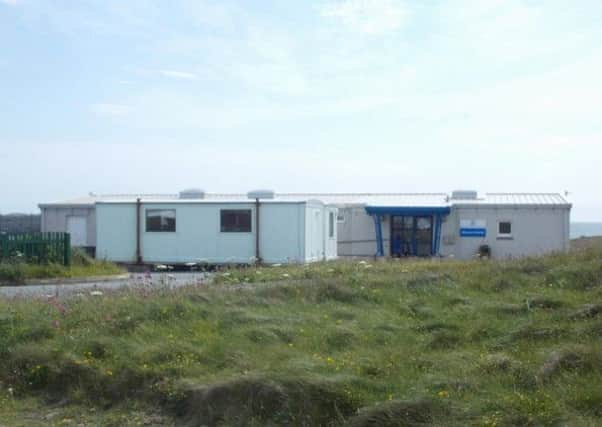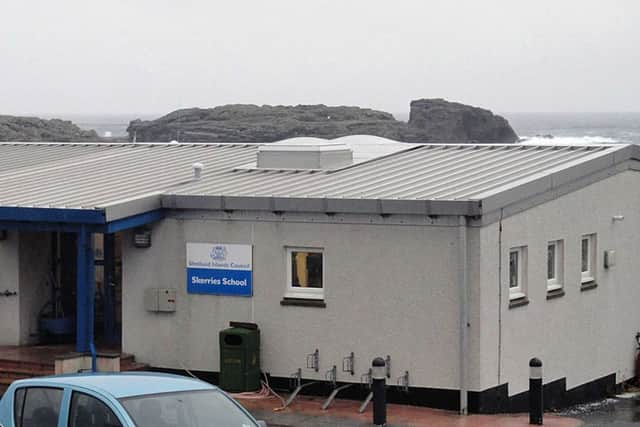Scotland’s smallest secondary school to close


The final fate of the small secondary department at Skerries School lies in the hands of Scottish education minister Mike Russell, who has to consider whether to “call in” the decision for further consideration.
A two-and-a-half hour debate by Shetland Islands Council ended with a 10-10 tie in the voting, with convener Malcolm Bell using his casting vote to edge the decision for closure, which will save the local authority almost £74,000 a year.
Advertisement
Hide AdAdvertisement
Hide AdEducation committee chairwoman Vaila Wishart had made the motion to shut the department entirely, with North Isles councillor Steven Coutts lodged an amendment for further consultaiton, looking at maintaining an S1-S2 school on the island.


Campaigners fear closure will drive away many families from the island community, which has a population of about 70.
Scottish Ministers have a six week period decide if they will call-in the closure.
If the secondary department does close next August, the three pupils will attend Anderson High School in Lerwick, spending five nights a week in hostel accommodation.
Supporters of closure said the move would provide the children with a better education and introduce interaction with more children of a similar age.
Council leader Gary Robinson said: “We can offer a better education and more interaction with peers by continuing their education at the Anderson High School.
“We are currently spending a very large amount of money on some very small schools and I don’t think in the bigger picture we can justify continuing with that.”